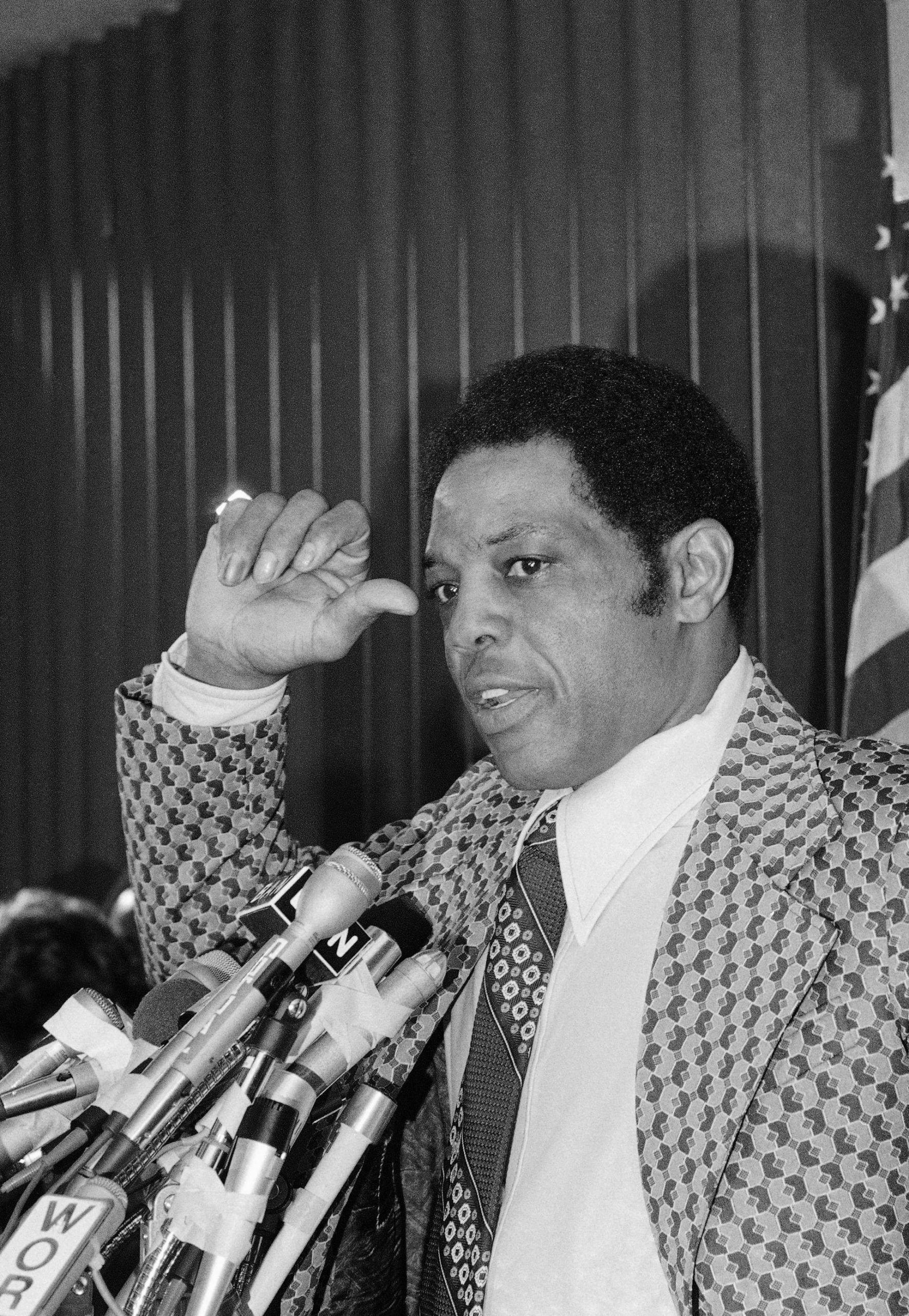Integrity is the word on the lips of every professional sports league commissioner as investigations into gambling unfold and punishments are handed down.
Players, coaches and other personnel associated with sport organizations are expected to uphold high standards of conduct and integrity to make professional sport worthy of the public’s time and money.
CFL Commissioner Randy Ambrosie referenced integrity when he announced in late April that defensive lineman and three-time Grey Cup champion Shawn Lemon had been suspended indefinitely. Lemon was found to have engaged in sports wagering while he was a member of the Calgary Stampeders, even betting on a game in which he himself participated.
“The integrity of our game is of the utmost importance,” said Ambrosie. “Any other factors — career performance, actions in community, timing, frequency or size of wagers — hold no weight when the legitimacy of the CFL can be called into question.”
Ambrosie stressed the gravity of the matter, wanting fans to know his office was adequately addressing the issue. He also clarified that Lemon’s misdeeds didn’t impact any game outcomes.
This incident is the latest in a string of gambling-related issues that professional sports leagues have faced recently. The rise of sports betting, fuelled by the proliferation of online platforms and the legalization of gambling in many jurisdictions, has brought new complexities to the world of sports.
Protecting league integrity
Adam Silver, Commissioner of the NBA, faced a similar issue in April when the NBA started investigating Toronto Raptors forward Jontay Porter for allegedly betting on games.
The investigation concluded that Porter had indeed violated league rules and he was banned from the NBA. He allegedly “disclosed confidential information” about his health to an NBA bettor before a March 20 game against the Sacramento Kings.
In addition, during his time with the Raptors’ G League from January to March, Porter placed at least 13 bets on NBA games totalling US$54,094. None of the bets were on games in which he played and he ended up making a profit of $21,965 from all the wagers.

(AP Photo/David Zalubowski)
In a statement, Silver said:
“There is nothing more important than protecting the integrity of NBA competition for our fans, our teams and everyone associated with our sport, which is why Jontay Porter’s blatant violations of our gaming rules are being met with the most severe punishment.”
Porter’s penalty was the first lifetime ban issued by the NBA since 1954 when Jack Molinas was permanently bounced for wagering on games that involved his team, the Fort Wayne Pistons.
Silver’s stiff brand of justice was a public message: the NBA was prepared to protect the integrity of its game because the fans need to be able to trust the product.
Restoring faith in pro sports
The role of the MLB’s commissioner was created in 1920 for just that reason: to restore public faith in professional baseball after eight members of the Chicago White Sox were indicted on criminal charges that alleged they fixed the 1919 World Series.
They were found not guilty amid several irregularities, including vanishing evidence in the form of self-incriminating statements. Justice wasn’t served and everyone knew it.
Kenesaw Mountain Landis was installed as MLB’s first commissioner. A former judge, he provided the penalty when the courts didn’t — lifetime bans for all eight implicated players. The public seemed satisfied that the cheats got their just deserts and faith was restored.
Almost a century later, Landis’ approach — one rooted in a deterrence theory of punishment — remains the standard for those that bet on games in which they’re involved.

(AP Photo/Darron Cummings)
Present-day league commissioners have learned from Landis how to handle gambling infractions, but missed his lesson on how to avoid them. Landis demanded that club owners rid their respective ballparks of any trace of gambling by being vigilant and stomping it out. Landis applied the wisdom: an ounce of prevention is worth a pound of cure.
But this is not the state of modern sport. Commissioners and the owners they serve fully embrace the proliferation of legalized sport gambling. That’s where the money is. Leagues and teams have partnered with wagering sites to pad their wallets.
Modern-day sports and gambling

(AP Photo/John Rooney)
In 2021, the Ottawa Senators were the first to wear a gambling advertisement with a BET99 helmet sticker, making players skating billboards for sport betting.
The irony was lost on no one when Ottawa Senators forward Shane Pinto was the first modern NHLer suspended for a gambling infraction in 2023.
Gone are the days when Willie Mays and Mickey Mantle were banned from MLB because they accepted jobs as Atlantic City casino greeters in their retirement.
Players, current and former, have cozied up to gambling interests in league-allowed ways, advertising their product on television for all — children included — to see. It resembles the star-studded cast of athletes that pushed Chesterfield cigarettes decades ago, which used sports stars to appeal to young boys.
Anti-gambling advocates are pleading for the sports industry to re-think its approach to betting, but the practice has only become more pervasive and accessible.
The impact has been disastrous. Kids as young as eight-years-old are hooked and it’s only going to get worse.
In the end, sports leagues will protect the integrity of the game: there’s money in preserving the trust and loyalty of their audiences. But will these same leagues demonstrate the integrity necessary to reverse course and protect vulnerable members of society from developing a gambling addiction? There’s no money in that, so don’t bet on it.
